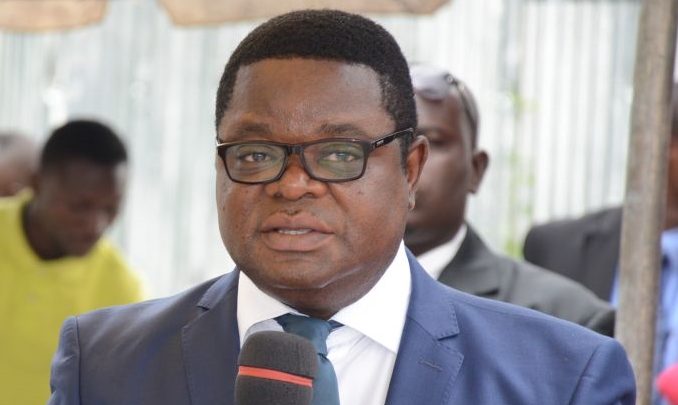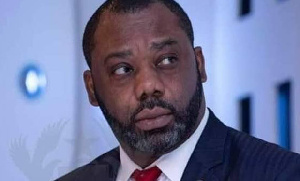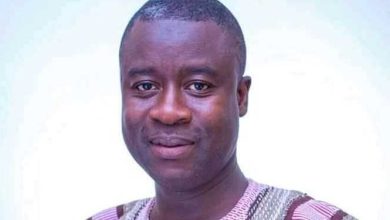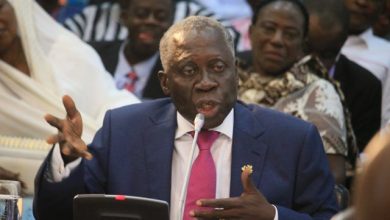Life StyleNews
Budget ambitious, inspires, but deficit target unrealistic — ISSER

The Institute of Statistical, Social and Economic Research (ISSER) of the University of Ghana says the 2020 budget is “ambitious and inspires”, especially if the intentions are translated into outcomes.
It, however, said the proposals in the budget were contingent on aggressive domestic revenue mobilisation by the government, and that anything short of that would make the budget elusive.
Get Digital Versions of Graphic Publications by downloading Graphic NewsPlus Here. Also available in the Google Play Store and Apple App Store
At a forum in Accra on Monday to share ISSER’s perspective on the 2020 Budget Statement and Economic Policy of the government, its Director, Professor Peter Quartey, said the fiscal deficit target of 4.7 per cent of gross domestic product (GDP) for 2020 was unlikely to be achieved because there had not been enough demonstration that bold steps would be taken to rake in more tax revenue.
He said although the target was economically prudent, the weak revenue mobilisation regime and increasing demand for infrastructural projects, especially in an election year, would compel the government to go beyond that target.
“It is an economically prudent target but politically unappealing in an election year. I see that the pressure to provide infrastructure will push the government to hit a fiscal deficit of about 4.9 per cent by the end of next year,” he stressed.
2020 Budget
The Minister of Finance, Mr Ken Ofori-Atta, presented the 2020 budget statement to Parliament on November 13, this year, stating, among other things, that the government intended to spend GH¢85.9 billion next year.
Among other things, the budget, which was presented on the theme: “Consolidating the gains for growth, jobs and prosperity for all”, targeted an overall GDP growth of 6.8 per cent, non-oil real GDP growth of 6.7 per cent, 8 per cent inflation, overall budget deficit of 4.7 per cent and budgetary surplus of 0.7 per cent.
Wages and salaries and interest payments accounted for 27.1 and 25.9 per cent respectively.
Roads
ISSER’s analysis put the budgetary allocation for infrastructure projects at GH¢9.3 billion, a figure Prof. Quartey said was inadequate, given the increasing demand on the government for roads in particular.
He said given that the Finance Minister declared 2020 as the year of roads, it was difficult for the government to deliver the needed infrastructure, especially when there was no bold steps in the budget to raise more domestic revenue.
“A recent research by Afro Barometer indicated that the majority of Ghanaians wanted their roads to be constructed. The government has also declared 2020 as the year of roads and the people are all demanding for roads across the country. The government will spend more to meet this demand and so the 4.7 fiscal deficit target will go up,” he stressed.
Fiscal discipline
Prof. Quartey said in spite of the consistent increase in the level of discipline with the fiscal ceiling of five per cent, the projection of about 53 per cent of total expenditure on wages and salaries and interest payments meant that there would be limited space for capital expenditure.
“In 2020, outlook crisis of government crowding out the private sector and excessive pressure on the interest rate has been noted. Also, the increasing debt stock and debt sustainability remains of great concern,” he said.
Sectors
The 2020 budget projected a 6.9 per cent growth for the agricultural sector, but ISSER said there was no basis for such projection, owing to the fact that the 2019 half-year growth of the sector was only 2.1 per cent.
“Given the fact that Ghana’s agricultural calendar has not changed dramatically over the period, it is surprising that the sector is projected to end the year with a 6.9 per cent growth rate,” he said.
He also said the One-district, One-factory (1D1F) policy appeared laudable, but it seemed that the 2020 budget did not present a clear policy direction on how to address or cope with dependence on the minerals and the oil sectors in the short to medium term.
On the free senior high school (FSHS) programme, he said it was not clear how much funding had been set aside to build the needed infrastructure and employ the requisite number of lecturers in preparation for the huge number of SHS graduates who would enter the universities next year.
Source: Graphic.com.gh



